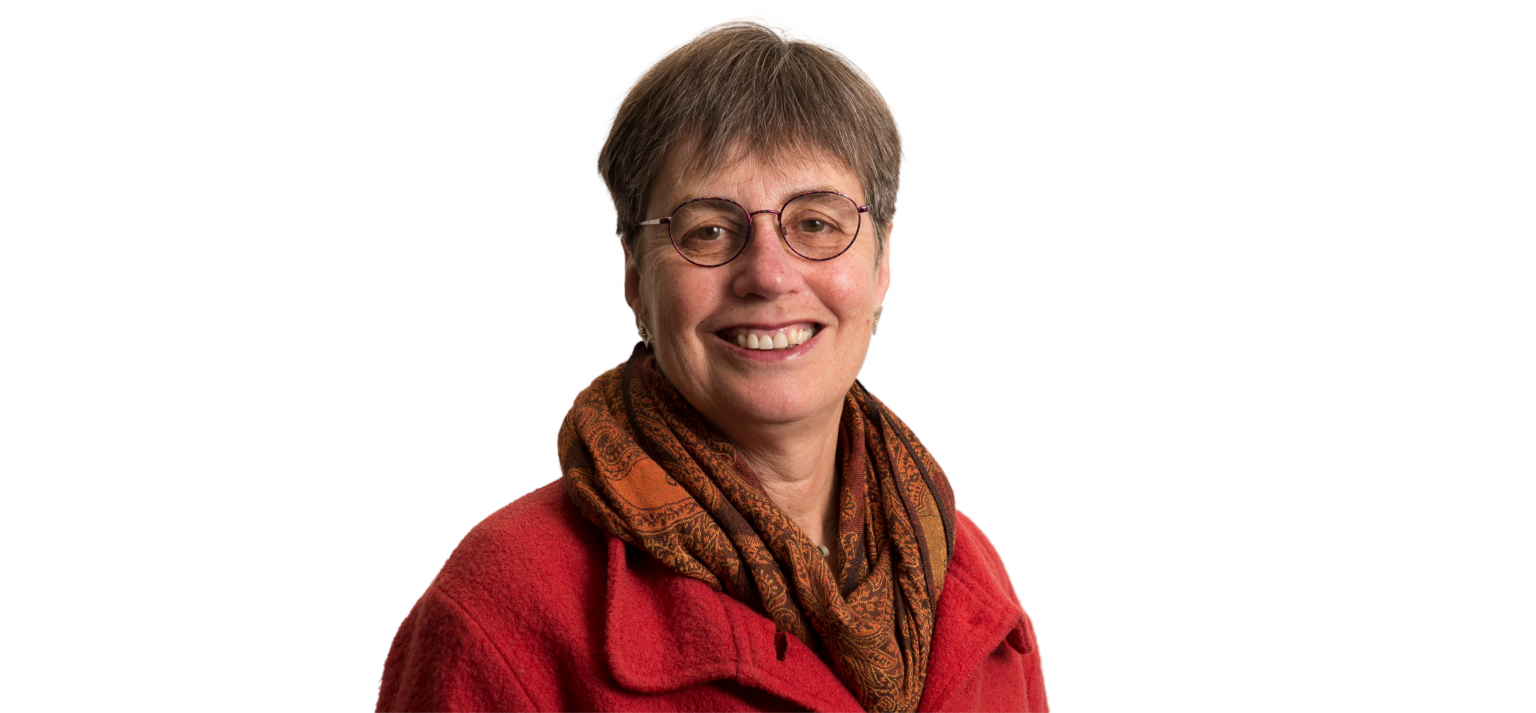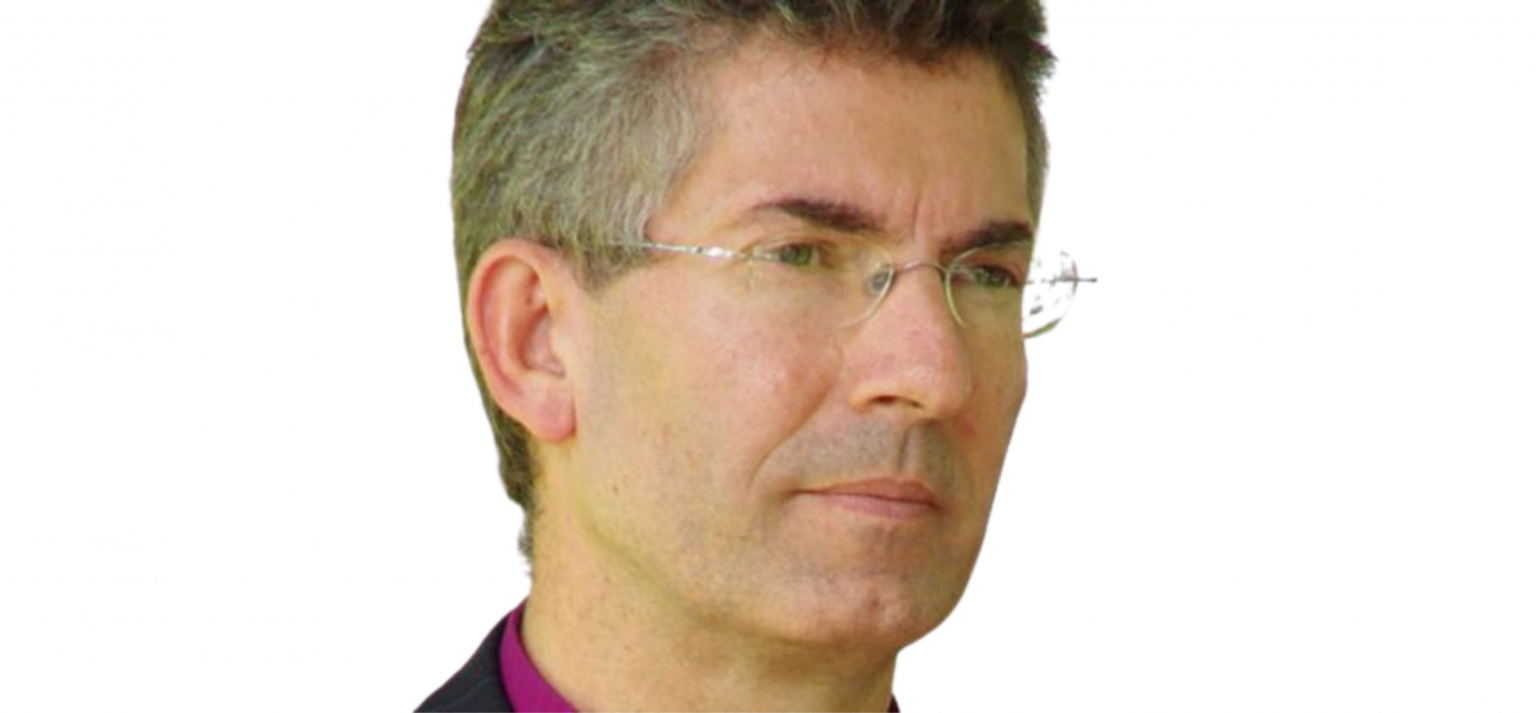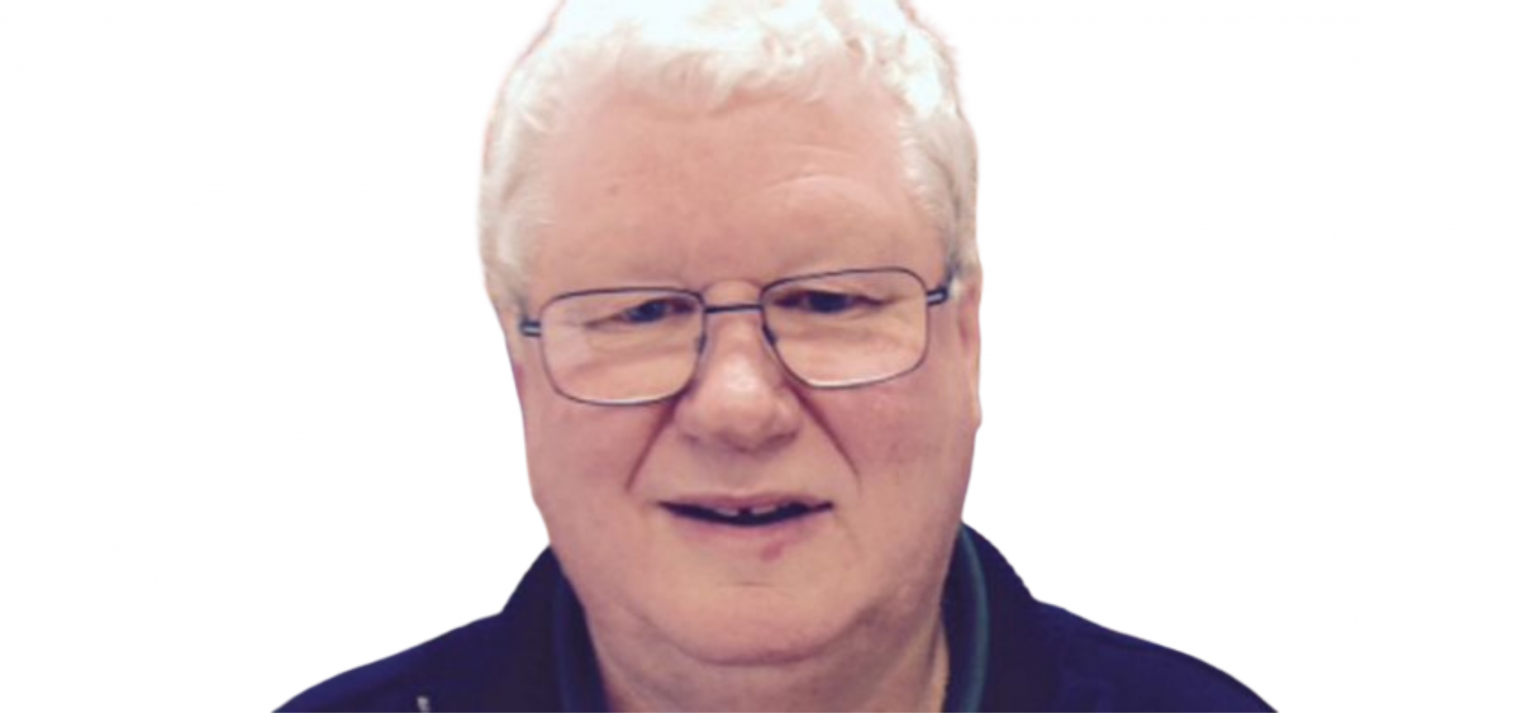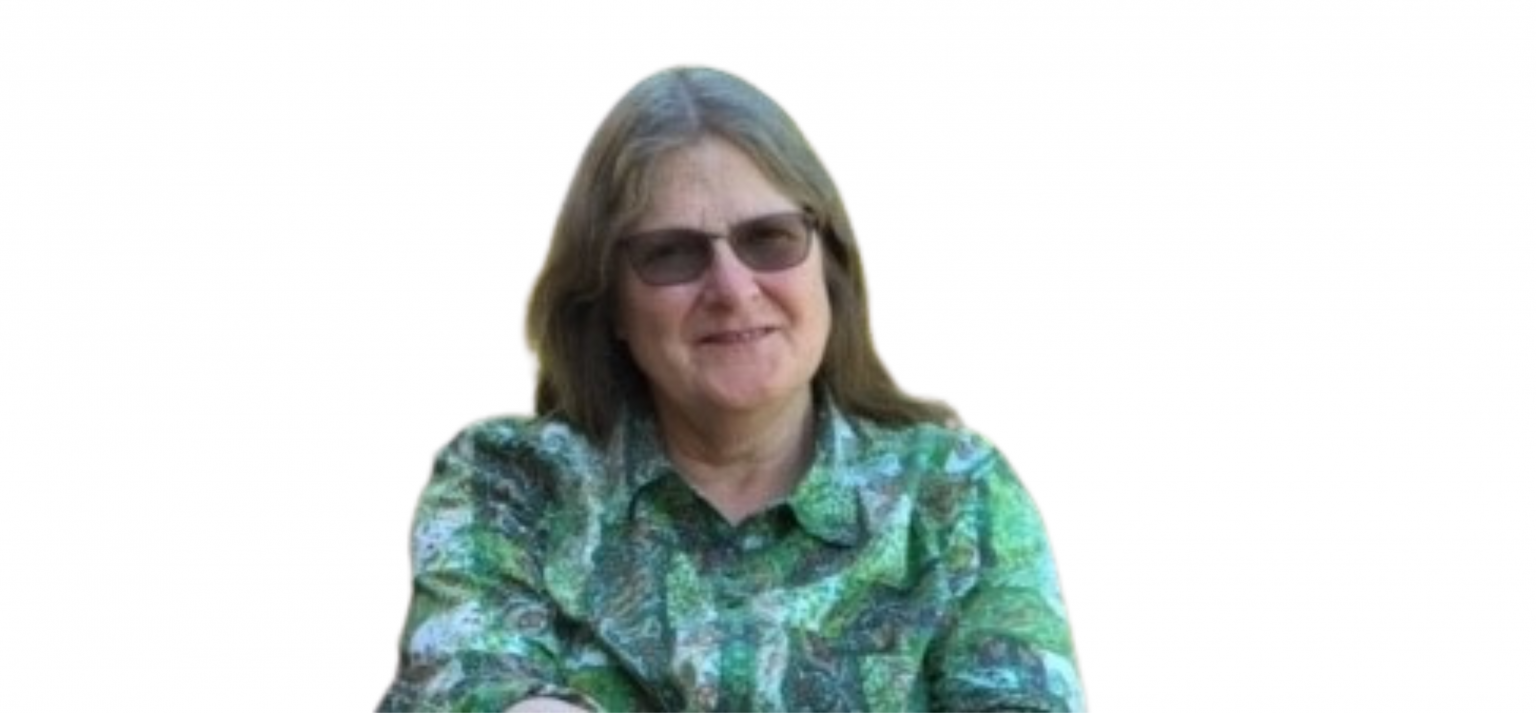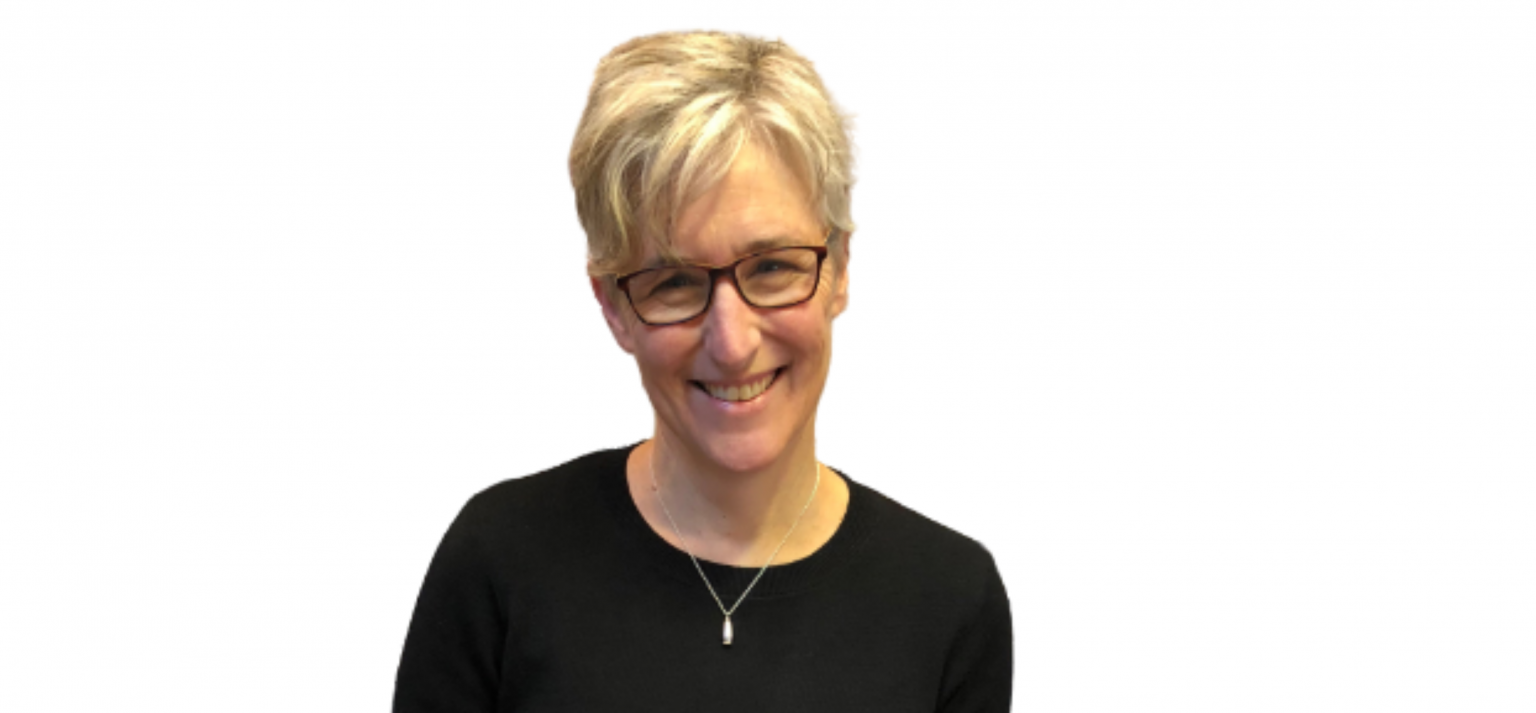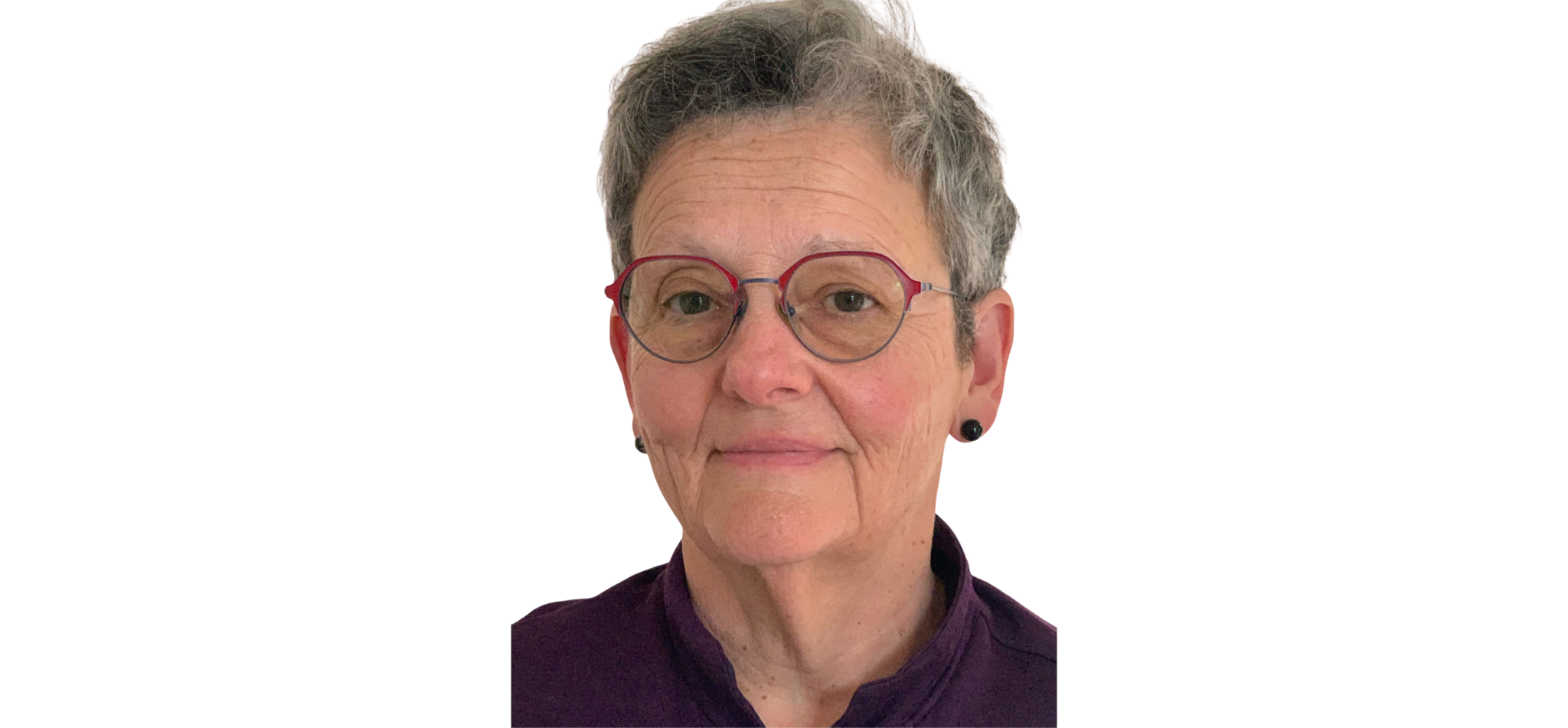TasCOSS Life Member
Commitment to Community — Our First Life Member
While it may have been Dorothy Pearce’s secret wish to become a mechanical engineer, the Tasmanian community services industry, and TasCOSS in particular, are grateful that her mother steered her into the profession of social work which has led to a lifetime of community leadership.
Born in Hobart in 1923, Dorothy was educated at The Friends’ School. In her final year she was a Head Prefect which was the first of many leadership roles that she was to hold throughout her life. From captain of her hockey or cricket teams, through to membership of numerous boards, committees and professional associations, Dorothy seems destined to have been a mover and shaker in the Tasmanian community.
Dorothy studied for a Bachelor of Arts degree at the University of Tasmania (which she later finished at University of Adelaide), and then at the instigation of her mother, she took up two years of study in Social Work in Melbourne, which led to a third year on a Red Cross scholarship to complete an Almoner qualification.
Having graduated in 1946, Dorothy began her lifelong involvement with the Australian Association of Social Workers (AASW), which extended from her time working as a Social Worker in South Australia and continued when she returned to live in Tasmania in 1955. For 28 years Dorothy worked at the Royal Hobart Hospital, first as an Almoner and then as a Social Worker.
Dorothy identified a strength of her work to be her practical approach — linking people to the community and to relevant services that could assist them.
Drawn, as ever, to leadership roles, Dorothy helped to rebuild the struggling Tasmanian Branch of the AASW — becoming a member of the executive committee, holding various offices including Branch President, and being a branch delegate to the Federal Council of the AASW. Having valued her own educational opportunities, Dorothy was active in building the educational and professional opportunities for social workers in Tasmania. She was a member of the training committee which paved the way for a social work course to be set up in Tasmania in 1973.
It was during her time as President of the Tasmanian AASW, that its members instigated the formation of a Tasmanian council of social service with the aim that it would help the community services industry in Tasmania have a better understanding of the organisations and services in the industry, avoid overlapping or duplication of services, and identify gaps that needed to be filled.
“It started off with people saying they ought to… then you ought to… and, finally, we ought to…”
Dorothy and the Director of the then Department for Social Welfare, Mr G.C. Smith convened the inaugural meeting of the Tasmanian Council of Social Service (TasCOSS) in the Hobart Town Hall in December 1961. Dorothy remembers the meeting being quite well attended, and believes that they were given use of the Town Hall for free, with the support of the Lord Mayor, Sir Basil Osborne.
Dorothy’s involvement with TasCOSS continued for many years. She served as Honorary Secretary for the Steering Committee (in a time of minutes being taken in longhand and universal smoking during meetings), as a foundation member of TasCOSS, as President from 1979-81 and in various other voluntary capacities. She stayed committed to TasCOSS due to a strong belief, based on her own experience as a social worker at the hospital, in the need for organisations in the community services industry to be better connected, so that workers and clients in the industry are able to access the services they required.
Other notable community involvements for Dorothy included being a life member of AASW, a member of Lifeline and Soroptimist International, a foundation member of Council on the Ageing (COTA), an executive member of the Hobart District Nursing Service, and a volunteer for both Meals on Wheels and the State Library Courier Service. Alongside her incredibly full professional life Dorothy also managed to pursue a very active recreational life, playing hockey, cricket, badminton and tennis.
In fact, she only gave up tennis and badminton aged 87. Dorothy has been recognised in many ways for the amazing contribution she has made to the community. She was made a member of the Order of the British Empire in 1977 for service to the community, and was made the first TasCOSS Life Member.
TasCOSS is indebted to the passion, commitment and leadership of this inspiring woman.



